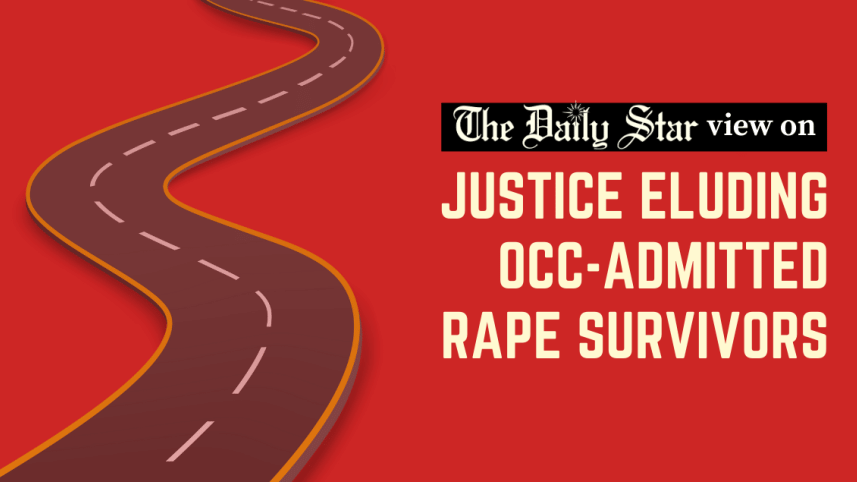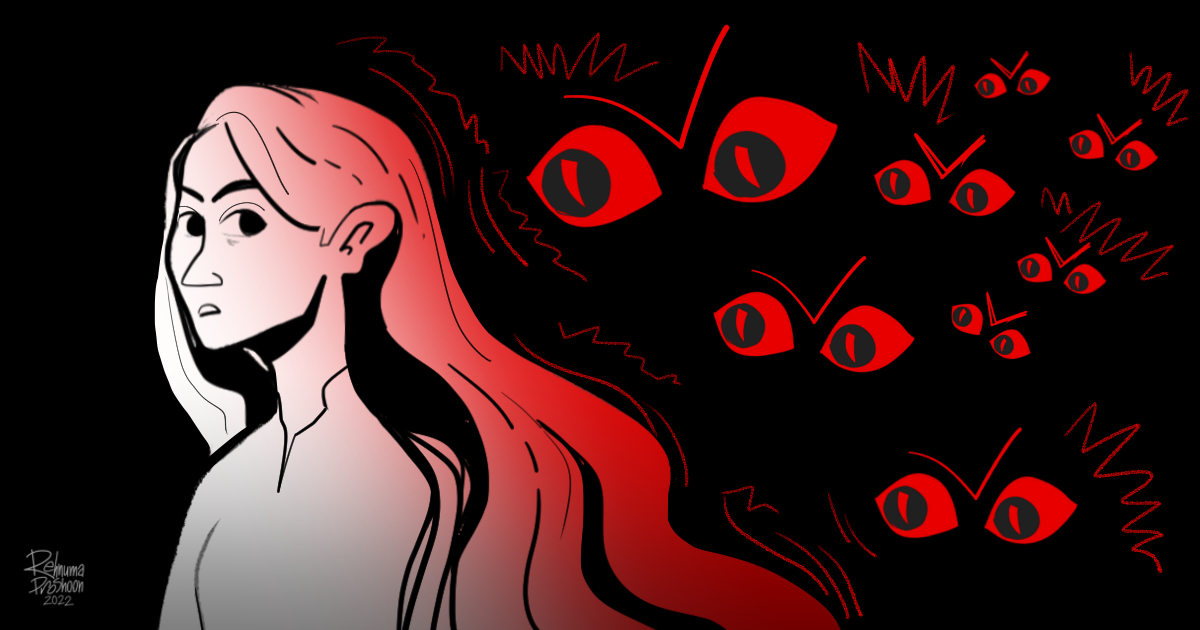Battered, deprived of justice

The One-stop Crisis Centres (OCC) for women and child survivors of sexual violence have been an important initiative of the government. The idea is to provide all required services, including legal, in one place. But as data from the women and children affairs ministry has recently shown, even such a laudable step hasn't led to the desired outcome of justice. Data related to cases filed by users of the services of 14 OCCs and their 67 cells in sadar hospitals and upazila health complexes shows that the OCCs have served 56,024 women and children over the last 22 years. But of the 17,093 cases filed, only 1,909 have received a verdict. More alarmingly, criminals have received punishment in only 220 of the cases – a meagre one percent.
This is quite disturbing. There is no question about the importance of the services offered by the OCCs, including DNA testing, legal assistance, counselling, rehabilitation, etc. For the victims of violence, sexual abuse, and acid and burn attacks, these can have life-changing impacts. But all these are also a means to an end: justice. To prepare rape survivors to get past their trauma and rebuild their life – only for them to see justice delayed indefinitely or denied – puts a question mark on the state's sincerity to address their plight. Add to this all the social and legal challenges that survivors have to endure during trial. Many of them come from disadvantaged backgrounds. In the absence of proper family support, the OCCs are their last hope of getting justice. Yet, they continue to be failed by the state's justice system.
Unfortunately, the extremely low conviction rate for rape and sexual violence cases is a reality shared by not just OCC-linked survivors, but all survivors in general. According to a 2021 estimate, the conviction rate for rape cases in the country stands at a jarring three percent. It shows how those accused of violence often escape punishment using various legal loopholes and their political connections. For instance, Manusher Jonno Foundation, after analysing 25 rape cases filed between 2012 and 2016, found that all the accused had received bail between 24 hours and 15 days of arrest, despite the offence not being a bailable one under the Women and Children Repression Prevention Act 2000. It is an exception in one section of the act that is being misused to let rapists roam free, while survivors are made to sit through long days of waiting for justice that may elude them forever.
We must reverse this situation. We urge the relevant authorities to treat cases of sexual abuse and violence with the utmost seriousness. Survivors of such horrific crimes deserve nothing less than that. The justice system, law enforcement agencies, local administrations and society at large must all do their part to help victims get justice. The legal services of the OCCs should also be reviewed and, if necessary, revamped for better results.



 For all latest news, follow The Daily Star's Google News channel.
For all latest news, follow The Daily Star's Google News channel. 


Comments